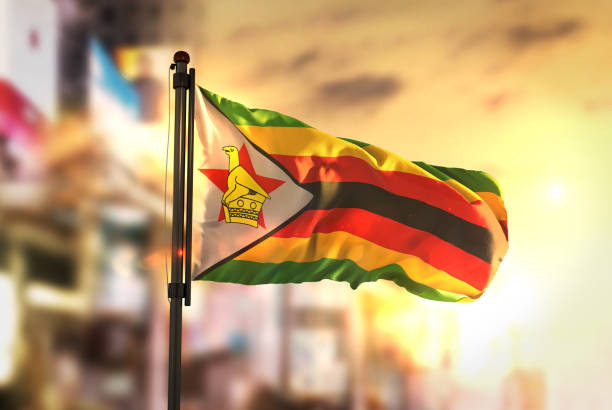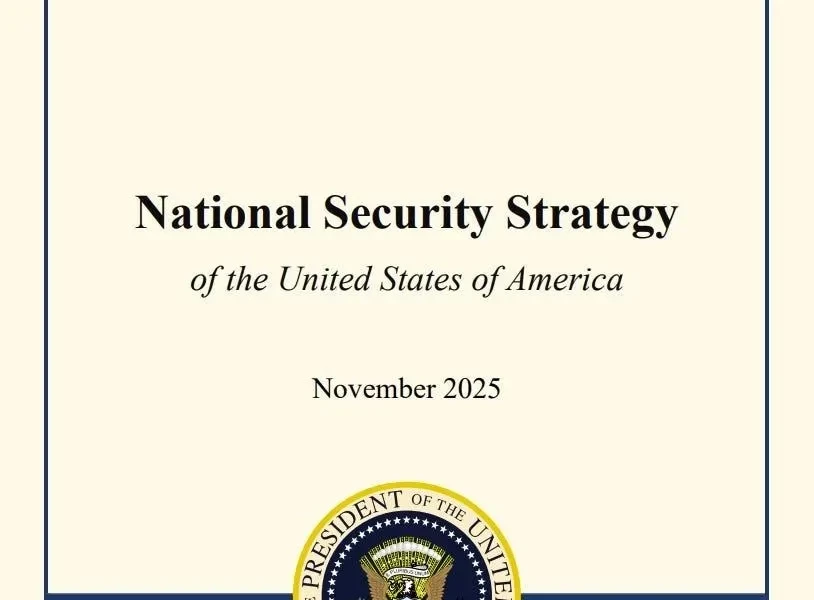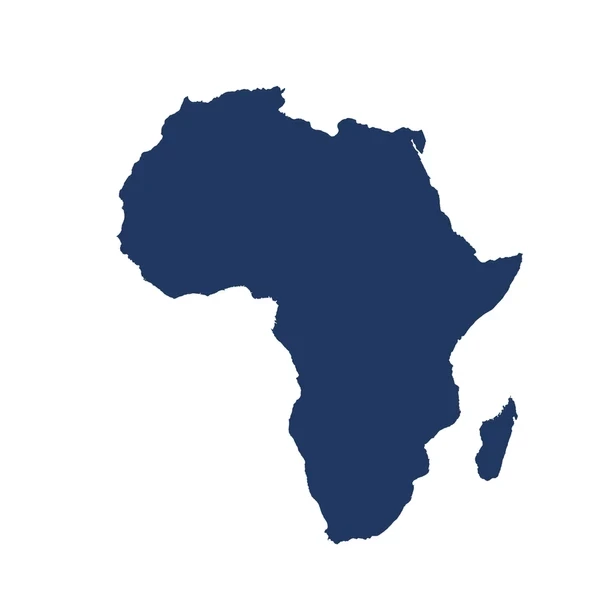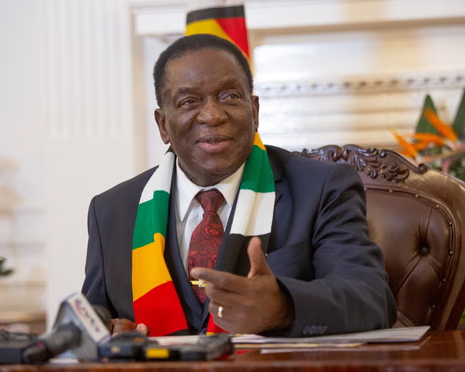
Zimbabwe is trapped in a vortex of political, economic and social dysfunction from which there is no clear way out.
The Zimbabwe African National Union-Patriotic Front (ZanuPF) has outmanoeuvred everyone: the opposition is ineffective, civil society organisations (CSOs) face an existential crisis, and citizens generally continue to experience a life of misery and limited prospects.
The international community has changed tack from a reactive critical posture to more constructive engagement, hoping Zimbabwe’s government will be incentivised to promote a more inclusive and democratic path forward.
In the circumstances, such an outcome appears unlikely.
The conflation of ruling party and state interests has deepened; key state institutions are largely compliant with executive whims, with checks and balances selectively applied.
The rule of law remains compromised, and the criminal justice system weaponised.
The Zanu PF government has been able to maintain a semblance of economic functionality. It keeps the ‘lights on’, at least some of the time, avoiding comprehensive economic governance reform and the hard work of building resilient, accountable institutions.
The longdrawn-out standoff with several Western countries – the United Kingdom (UK), United States (US) and European Union (EU) nations – has visibly lost steam, as these parties explore options for ‘constructive’ re-engagement.
- Chamisa party defiant after ban
- Village Rhapsody: How Zimbabwe can improve governance
- News in depth: Partisan police force persecutes opposition, shields Zanu PF rogue elements
- Chamisa chilling death threat bishop defiant
Keep Reading
Zanu PF remains firmly in power, having extricated itself from the messy process that characterised the August 2023 harmonised elections.
Crucial observer missions said these elections fell short of not only regional and international standards but also Zimbabwe’s constitution.
The ruling party failed to garner a two-thirds majority at the ballot. But thanks to the opposition’s strategic limitations and an obliging Speaker of Parliament, the party has subsequently secured a two-thirds majority in Parliament.
The opposition Citizens Coalition for Change (CCC), led by Nelson Chamisa, faced several internal challenges, which were enabled by Parliament, the courts and the electoral commission.
This resulted in the CCM’s spectacular implosion. The 2023 polls failed to break the cycle of contested elections, which has become a defining feature of elections since the advent of the Movement for Democratic Change (MDC).
For the first time, the Southern African Development Community (Sadc) Electoral Observation Mission (SEOM) could not sugarcoat its findings.
The SEOM concluded that aspects of the 2023 elections fell short of the national, regional and international set standards on holding free, fair and credible polls.
The mission’s detailed report indicted the Zimbabwe Electoral Commission (Zec) and President Emmerson Mnangagwa’s administration.
This view was shared by other observer missions, including the EU Election Observation Mission, Carter Center, and African Union Election Observation Mission (though the AUEOM’s conclusion was somewhat placatory).
With the elections behind it, the country must contend with economic hardship, increasing poverty levels, political polarisation, disgruntled citizenry, and a trust deficit.
According to the World Bank, the number of people living in extreme poverty globally has decreased.
However, in Zimbabwe, ‘poverty and vulnerability remain high against a background of cyclical agricultural production climate shocks and elevated food prices.’ The strain on the social sector is especially evident in healthcare and education.
Zimbabwe lacks an effective social protection system, with less than half of those living in extreme poverty having access to any form of social protection.
Citizens’ vulnerability is exposed when considering the lack of social safety nets against shocks, and the lack of access to healthcare, pensions and savings.
Cycles of crises over the past 25 years have left Zimbabwe’s economy unstable and its political environment fragile.
The economy is teetering towards hyperinflation, notwithstanding the government’s desire to find indicators that say otherwise. Poverty has risen, and incomes have been eroded. The progress of the
crucial debt resolution process was predicated on holding free, fair and credible elections, to which the government agreed and committed.
However, the government and ZEC went on to hold elections that were not credible.
There are no surprises there. Zanu PF notoriously creates high-risk shortterm strategies in order to buy time and retain power.
In most cases, the party has correctly calculated how far it can go and how much it can push without significant retribution from the region and international arena.
After all, any resolution to the crisis would have Zanu PF at the front and centre of the conversation. As long as the solutions are diplomatic engagement, it has leverage.
This has been a winning strategy. Furthermore, the party has learnt to survive and rejuvenate and keep its foes guessing.
It has learnt how to deal with the opposition and CSOs, and it is strategic in its approach to regional and international relations.
Citizens’ disgruntlement, rising poverty, unemployment, and collapsing essential service delivery do not shock the ruling party – it is sufficiently insulated from that.
Because of the asymmetrical relations that define the state-citizen interface, citizens, in Zanu PF’s grand scheme of things, do not hold the power to threaten its hold over the state apparatus.
This position of comfort is enabled by the ineptitude of key players, including the opposition, and CSOs’ lack of a defined strategy to hold the state accountable.
Worse, the state security architecture seems set against citizens’ voices and expressions of discontent.
Indeed, ever since the ‘military-assisted transition’ of November 2017, a general unease and subtle fear have pervaded the country.
Civic actions such as protest and dissent have been met with a heavy-handed state response, cowing the population into submission. In addition, the economic structure has created winners and losers, with the closely affiliated making significant wealth.
The high Gini coefficient13 rating speaks to this growing inequality gap. The country scores very low on several governance indices.
The 2022 Ibrahim Index of African Governance shows that Zimbabwe is increasingly deteriorating on key participation, rights and inclusion indicators. At the same time, the country is scoring positively on economic opportunities.14
Comparatively, Zimbabwe scores very low in service delivery ranking regionally. It ranks 158 out of 180 countries15 on the Transparency International Corruption Perceptions Index.
With the ‘fight’ against corruption, especially within the ruling party and its cronies no more than a promise, graft will likely be institutionalised. At the same time, the formal economy presents an appearance of progress.
Though extreme poverty was down to 42%,16 it’s still high, comparatively speaking.
Both the ‘hard’ economic indicators and Human Development Indicators show positive, albeit slow, change.
The World Bank’s 5.5% growth projection for 2023 is in itself a positive indicator.
But the economy is fragile, and economic growth is neither inclusive nor sustainable.
The World Bank notes that ‘macroeconomic volatility, including monetary instability and exchange rate distortions, has kept Zimbabwe’s economic activity below its potential.
This is a defining factor of the country’s economic position, and it threatens sustainability and long-term viability.
As always, international and regional indices need to be interrogated against this context.
Construction activities and infrastructure projects are evident, especially in Harare, which does not align with the narrative of a country in distress. What is evident is that the country is performing way below its potential.
Key state institutions have been severely handicapped by a long-running system of patronage, political expediency and the ruling party’s abiding desire to retain power.
At the same time, deliberative politics has failed to bring about an alternative arrangement that people can believe in.
The military landscape – with military influence in state institutions and the private sector, and the secondment of military personnel to state institutions – is incongruent with aspirations for a democratic, capable modern state.
This situation is further compounded by the fact that across Africa, so-called democracy hasn’t yielded the much-hyped dividends.
Citizens seem trapped between a hypothetical aspiration and a dominant and domineering party aided by the military.
The vicious cycles of poverty and the daily struggle to survive have eaten into civic society’s ability to mobilise.
Individuals are prioritising the need to survive, and agency is deployed towards livelihoods, resulting in a depoliticised and disengaged citizenry.
The lack of confidence in government’s ability to meet basic needs and bring about economic stability at both the macro and micro levels has resulted in people finding alternative sources of medical care, social security and pensions.
*This is an extract from a new Institute of Security Studies report tiled: Is Zimbabwe in a slow-motion race to the bottom?











